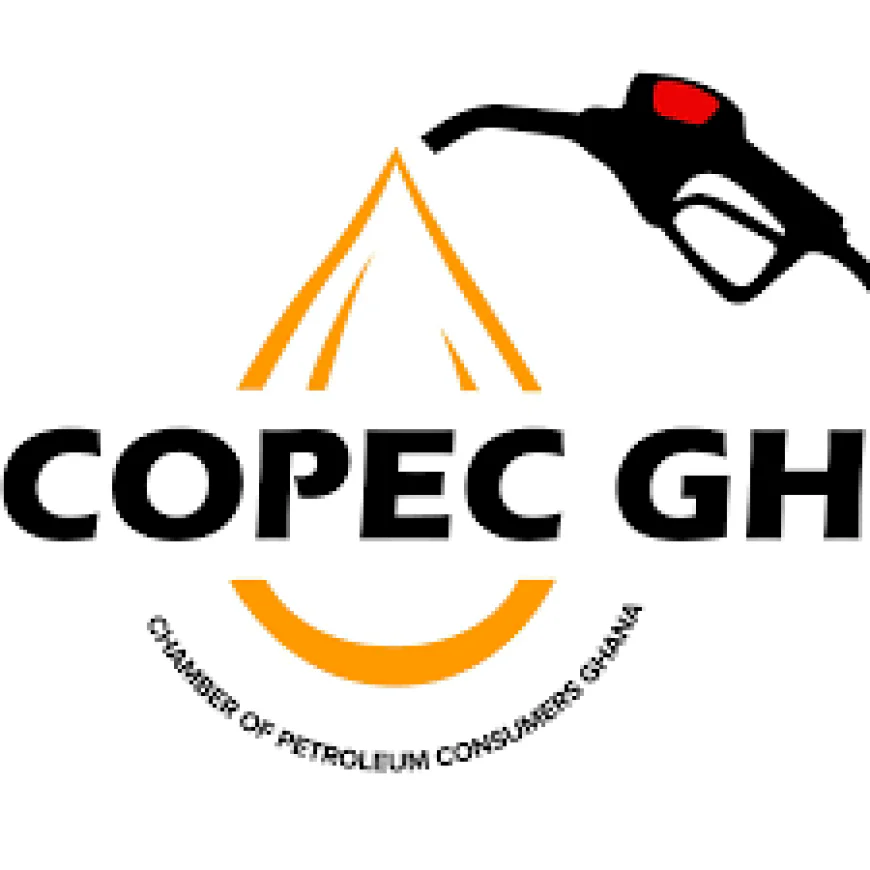No to GH¢1 Fuel Tax! – COPEC Fights Govt’s Plan to Make Ghanaians Pay for Power Debt
The Chamber of Petroleum Consumers (COPEC) has urged the Ghanaian government to find alternative solutions to clear the power sector debt instead of imposing a GH¢1 fuel levy, which would further burden consumers.

The Chamber of Petroleum Consumers (COPEC) has called on the Ghanaian government to explore alternative and innovative solutions to settle the mounting power sector debt instead of imposing an additional GH¢1 fuel levy on petroleum products.
In a recent statement, COPEC argued that saddling fuel consumers with yet another levy would further escalate the already high cost of living and increase operational costs for businesses. The proposed levy, intended to help clear debts in the energy sector, has sparked concerns among industry players and consumers who fear it will lead to higher fuel prices.
Growing Concerns Over Rising Fuel Costs
Ghana’s fuel prices have seen significant fluctuations in recent months due to global market trends and local tax policies. The introduction of a new levy, COPEC warns, could worsen the financial strain on households and transport operators already grappling with economic challenges.
"Diesel and petrol prices directly affect transportation, food costs, and general inflation," said Duncan Amoah, Executive Secretary of COPEC. "Adding another levy will only make life harder for ordinary Ghanaians and businesses."
Alternative Solutions Proposed
COPEC urged the government to consider more sustainable approaches to resolving the power sector’s financial woes, including:
-
Strict Enforcement of Energy Sector Reforms – Improving revenue collection and reducing losses in electricity distribution.
-
Renegotiation of Power Purchase Agreements (PPAs) – Reviewing costly contracts with independent power producers to reduce financial burdens.
-
Increased Transparency in Debt Management – Ensuring proper accountability in how energy sector debts are managed and paid.
-
Alternative Revenue Sources – Exploring non-fuel-related taxes or public-private partnerships to address the debt without overburdening consumers.
Government’s Position
The government has yet to issue an official response to COPEC’s demands. However, energy sector analysts suggest that authorities may be under pressure to find quick solutions to prevent further strain on the national budget.
Public Reaction
Many Ghanaians have taken to social media to express frustration over the proposed levy, with some accusing the government of resorting to easy but painful taxation measures instead of implementing long-term fixes.
What’s Next?
As debates over the fuel levy intensify, stakeholders are calling for broader consultations before any final decision is made. COPEC has vowed to continue advocating for consumers, warning that any move to increase fuel taxes could trigger further economic hardships.
For now, all eyes remain on the government to see whether it will heed these calls or proceed with the controversial levy.
What do you think? Should the government find other ways to pay off power sector debts, or is the fuel levy a necessary sacrifice? Share your thoughts in the comments below.
Follow me for more updates on energy and economic news in Ghana.


